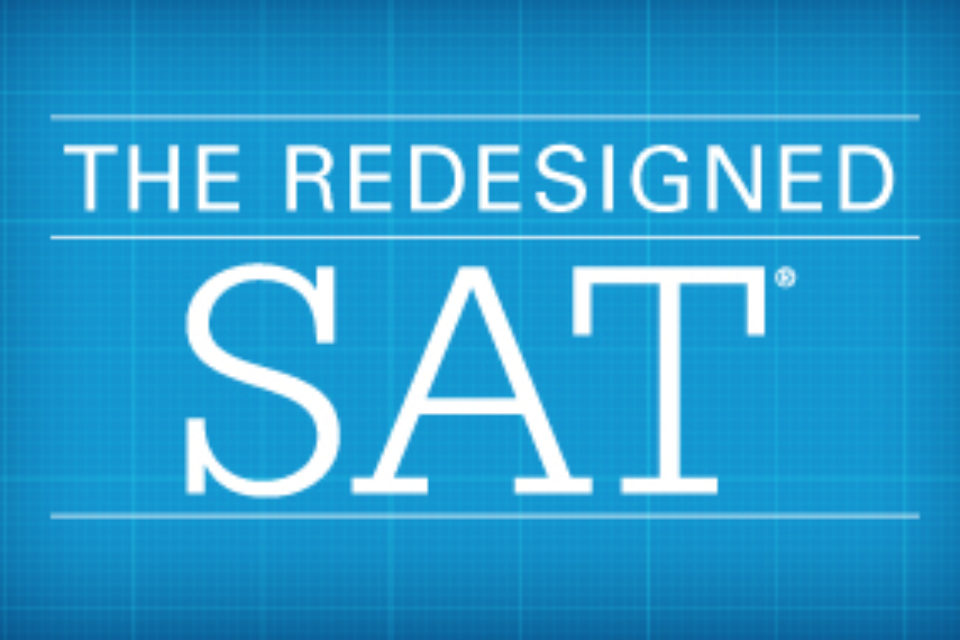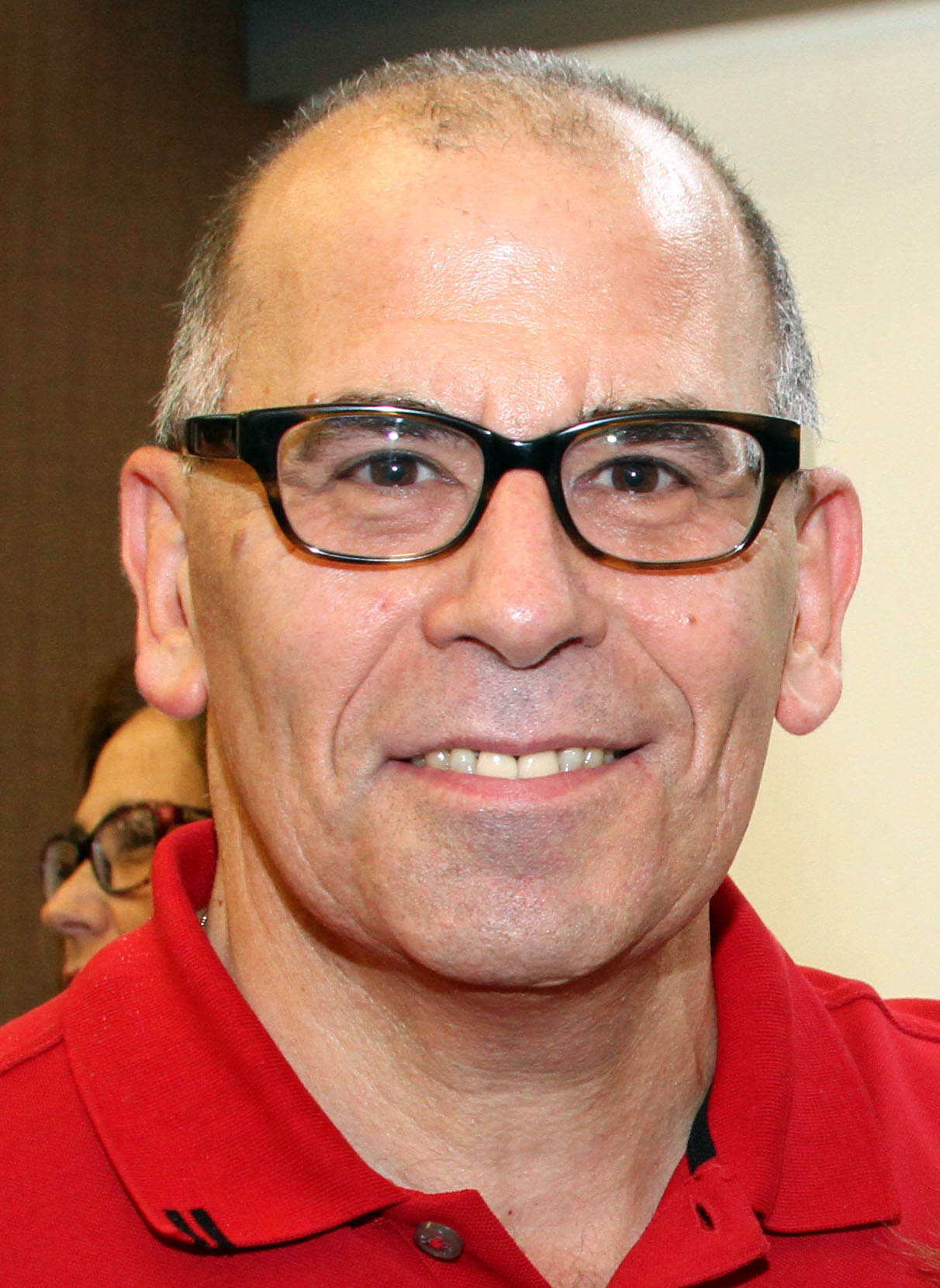The New SATs: Neologism is out! Amazeballs is in!

The College Board’s recently announced overhaul of the SATs, beginning in 2016, is designed to “reflect the best of classroom work” and level the playing field between students who can afford private instruction and those who can’t. Phew or Whoa? Here’s how Neal Schwartz of The Tutoring Club Armonk answered our questions:
The new SAT: Easier or harder? If the purpose is to make the SAT more accessible to a broader population, it is hard to imagine making this test more difficult. The key will be the scoring system. So, the test may be easier for many but the percentile scoring charts may be more difficult.
More prep time or less? Many parents did not like the trend to “prepping for the test” and the costs associated. Some will embrace this directional aspect of the announcement. It is hard to believe that the new math, longer essay, evidence based approach will change the “prepping for the test” motion that is currently in overdrive. I would not be concerned about the changes.

Neal Schwartz Tutoring Club Armonk
Bending the SAT Prep cost curve: The College Board has developed study books and an online course, at a reasonable cost, that when fully used could help a student raise his/her scores. The Khan Academy and the College Board offer free online test prep. There are over 200 videos on line. But will students have the time and discipline to use this resource effectively? Will it take more or less time to use these new tools compared to private instruction?
Synching the test with the common core is … good? If the SAT succeeds in synching up with common core it will be easier, conceptually, for students to take the test without as much prepping. However, when you factor in the importance of these tests, still, to college admission officers, it is likely that the current prep motion will continue.
Of course, worry less and just switch to the ACT—the majority of students have already made that decision.
Take us through some of the changes:
Practical vocabulary will replace obscure words: This is a long overdue change. Why ask students to learn words that they may never use the rest of their lives? One might argue that the current vocabulary knowledge and skill is geared towards separating out the 800 student from the 700 student; no more, no less.
Widely-read founding documents will replace less known texts: This is a Fourth of July approach. It is hard to argue with our country’s history.
Students must use evidence in their answers: This is a noble cause and conceptually will raise the bar – not level the playing field.
Math section will delve deeper into fewer topics: It is unclear what was really wrong with the previous math test. It is also unclear what these new math elements will look like
Students will not be penalized for incorrect answers: This makes perfect sense. It will change the overall scoring curve and may positively impact the student that would have previously got a 520 that through guessing could soon get a 550 on a section. Truth be told, they are copying the ACT model.
The SAT essay portion is now optional. Does this place more importance on the college application essay? Yes, for those that don’t take the essay and apply to colleges that don’t require it. No, for students that take the essay because there is a chance that one of the schools they apply to will require it.
Interestingly enough, the new optional SAT essay will be a great vehicle to view the student’s writing abilities. It is very challenging to write for 50 minutes. – and the one thing for sure is that it will always be written by the student. The application essay can be written over a period of days and months. In the past, the two essays were used for comparison purposes by some colleges to determine if the student was really the author of both.
Will scores go up or down: What will be the scoring scale for this new test, not just the 1600 total points question. When you take out the vocabulary, change the math, etc., the pathway to get to the same scores from a percentile rank perspective is unknown. It doesn’t matter if your score goes up or down but how you perform relative to others. Will the playing field be leveled? Will a level playing field fuel more test prep for competitive students to regain their advantage? Stay tuned.
 Confused? For those that are confused, congratulations! The College Board has succeeded in having you talk and worry about this. For the most part the announced changes for the new SAT appear to be taking positive steps towards a more practical test. Some of the changes may leapfrog the ACT but mostly the SAT is in catch up mode.They are behind in the number of students who take college entrance exams – having seen their market share vs. the ACT drop from 60% to 46% in ten years. They have made the conversation shift between the current SAT and the announced SAT as opposed to an SAT/ACT comparison.
Confused? For those that are confused, congratulations! The College Board has succeeded in having you talk and worry about this. For the most part the announced changes for the new SAT appear to be taking positive steps towards a more practical test. Some of the changes may leapfrog the ACT but mostly the SAT is in catch up mode.They are behind in the number of students who take college entrance exams – having seen their market share vs. the ACT drop from 60% to 46% in ten years. They have made the conversation shift between the current SAT and the announced SAT as opposed to an SAT/ACT comparison.
Neal Schwartz is President of Tutoring Club Armonk and College Planning of Westchester.

















